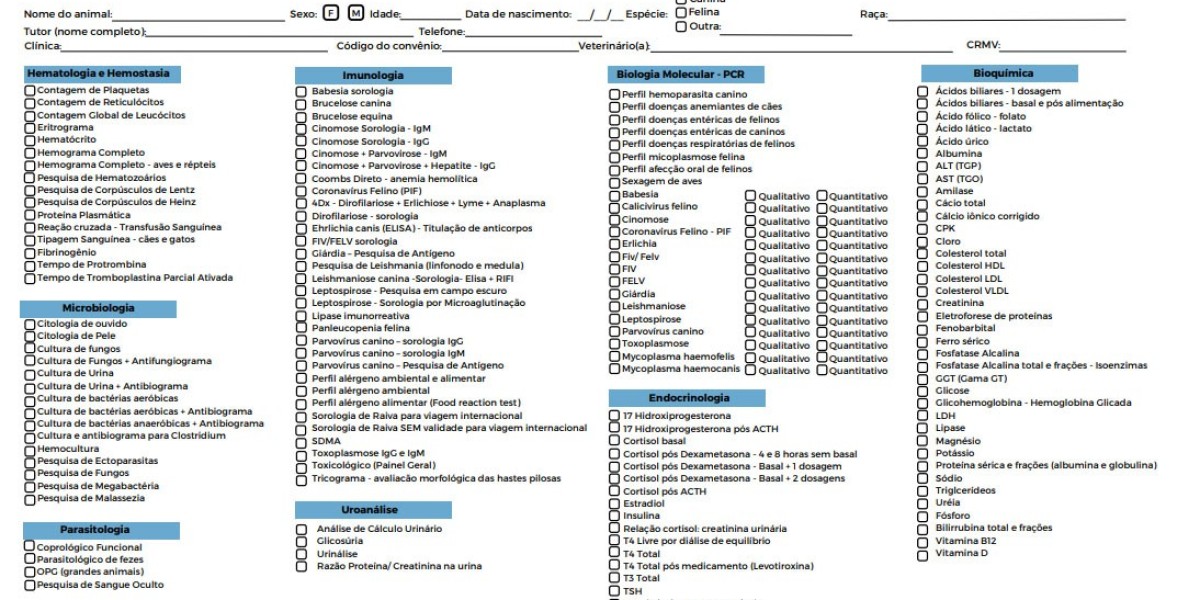BIS Certification for Imported Electronics: What You Need to Know
India's rapidly growing electronics market demands high standards of quality and safety for all products. To ensure consumer safety, the Bureau of Indian Standards (BIS) certification plays a pivotal role in regulating the quality of imported electronics. This blog will walk you through the critical aspects of BIS certification for imported electronics, including its importance, the certification process, key challenges, and benefits.
Introduction to BIS Certification for Imported Electronics
The Bureau of Indian Standards (BIS) is the national body responsible for setting standards and ensuring quality control for products sold in India. BIS certification for imported electronics is crucial to safeguard consumers from substandard products and ensure that imported goods adhere to Indian safety standards. This certification applies to various electronic products, including mobile phones, LED TVs, home appliances, and other consumer electronics.
Why BIS Certification is Mandatory for Imported Electronics
BIS Certification Process for Electronics is mandatory for certain categories of imported electronics as it ensures compliance with India's safety, environmental, and quality standards. It helps prevent the circulation of substandard and potentially hazardous electronic products. Without BIS certification, products cannot legally be sold or used in India. This regulation also prevents the entry of counterfeit or unsafe goods into the market, protecting both consumers and the reputation of legitimate manufacturers.
Understanding the BIS Certification Process for Electronics
The BIS certification process is comprehensive and includes several stages to ensure that imported electronic products meet established quality and safety norms. Here’s a quick overview of the process:
- Application Submission: Importers need to submit an application for certification to BIS, including details such as product specifications, testing requirements, and compliance with applicable standards.
- Testing: The product undergoes rigorous testing in BIS-recognized laboratories. These tests assess various parameters, such as safety, durability, and performance.
- Factory Inspection: For manufacturers, a factory inspection may be required to verify that the production processes meet the prescribed quality standards.
- Approval and Certification: If the product passes testing and inspection, BIS issues the certification, allowing the importer to sell the product in India.
- Surveillance: BIS conducts periodic surveillance to ensure continuous compliance with the standards.
Key Documents Required for BIS Certification of Imported Electronics
To begin the BIS certification process for imported electronics, the following documents are typically required:
- Product Specifications: Detailed specifications of the product, including technical details and intended use.
- Test Reports: Results from tests conducted in BIS-approved labs, confirming that the product meets required standards.
- Authorization Letter: An authorization letter from the foreign manufacturer if the product is imported.
- Compliance Documentation: Documents that show the product complies with Indian regulations, such as IEC standards.
- Import Details: Proof of import or details about the importing company and its operations.
Types of Electronics Requiring BIS Certification
BIS certification is required for several categories of imported electronics, including but not limited to:
- Mobile Phones: Must adhere to IS 13252 standards for safety.
- LED TVs: Certified under IS 16102 for safety and performance.
- Laptop and Tablets: Comply with IS 13252 for safety regulations.
- Home Appliances: Products like refrigerators, air conditioners, and washing machines need certification to ensure electrical safety.
Common Challenges Faced by Importers in Obtaining BIS Certification
While BIS certification is vital, it can be challenging for importers, particularly those dealing with international manufacturers. Some common challenges include:
Complex Documentation: The certification process requires a substantial amount of paperwork and documentation, which can be time-consuming.
Testing Delays: Product testing in BIS-approved labs can lead to significant delays, especially for importers with multiple products.
Cost: The process of obtaining BIS certification, including testing, inspections, and paperwork, can be expensive, particularly for smaller importers.
Navigating Regulatory Framework: Understanding and adhering to India's regulatory standards can be a challenge, especially for companies new to the market.



